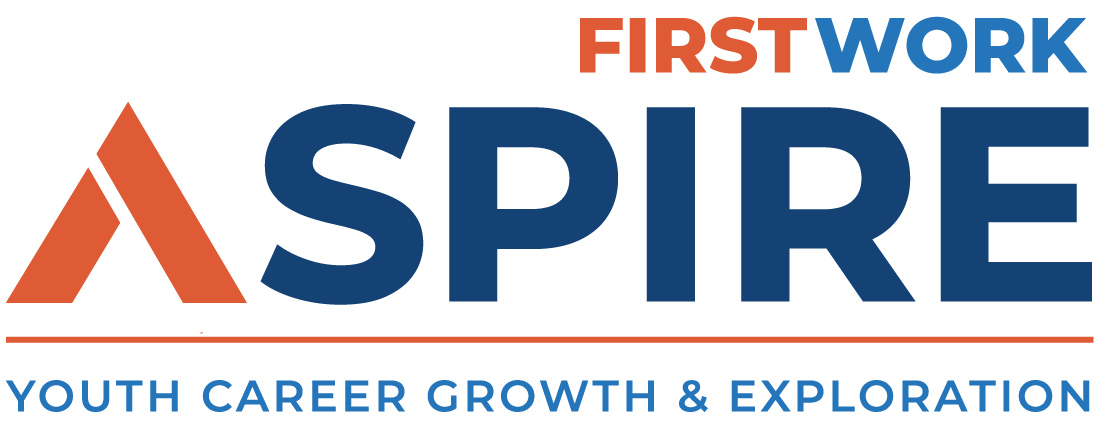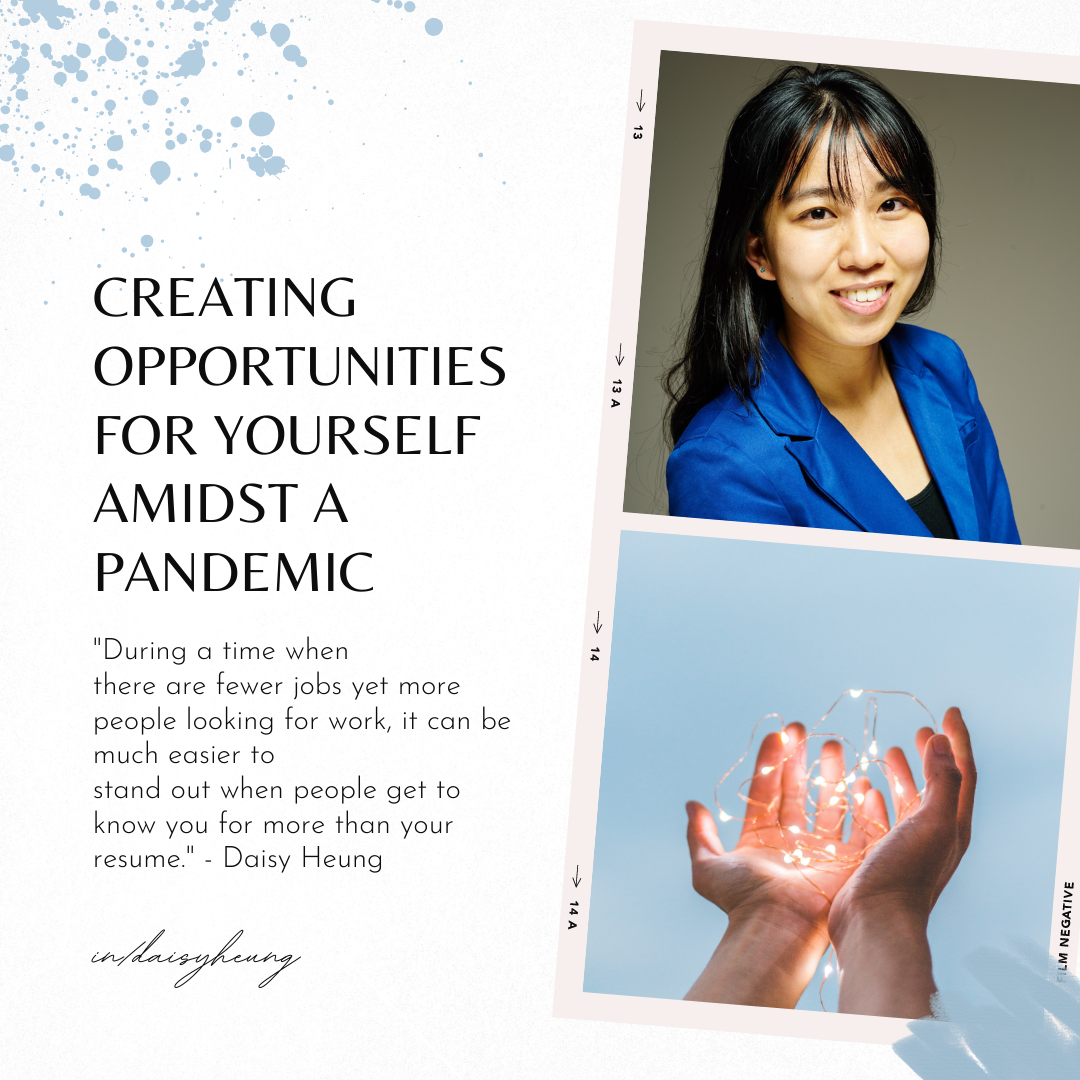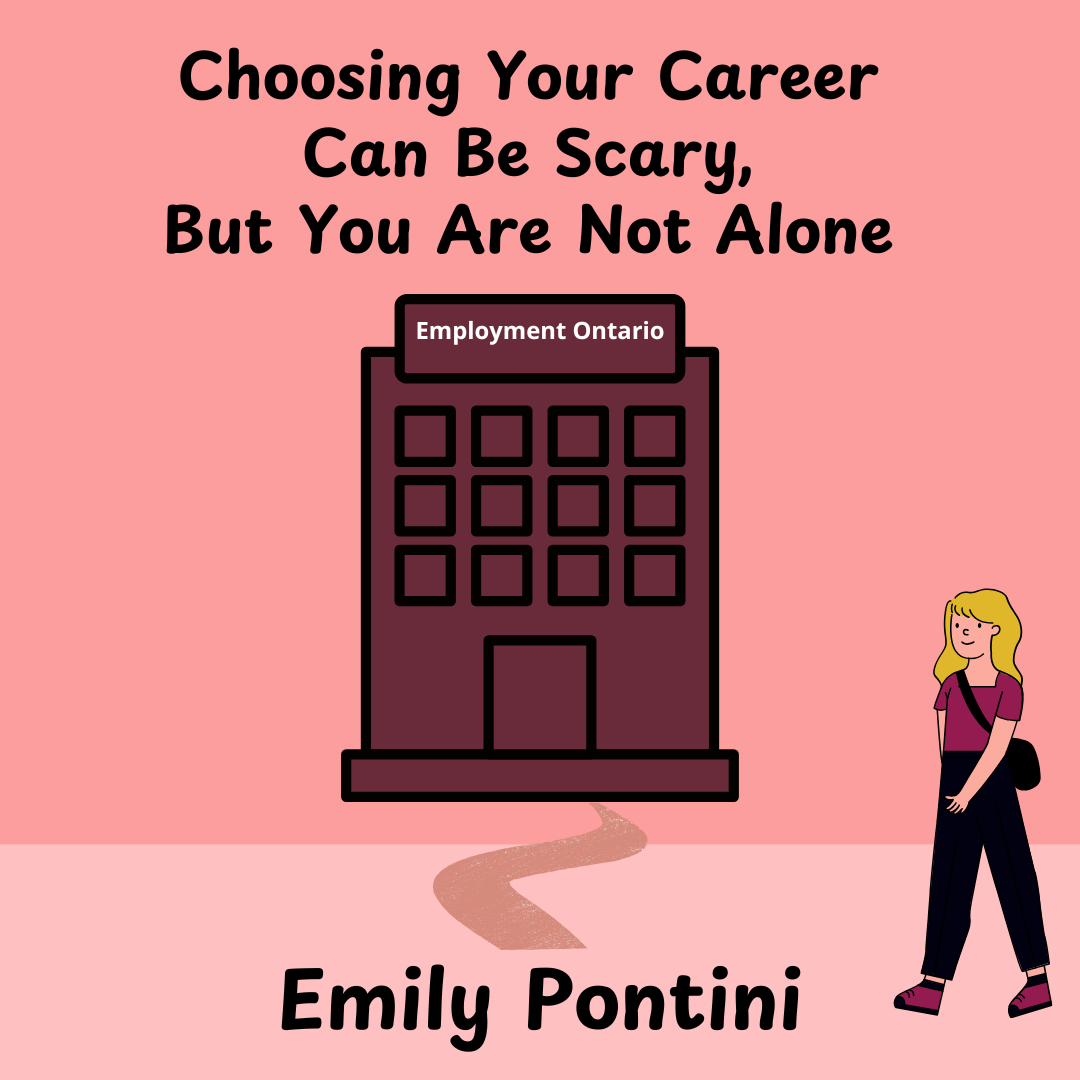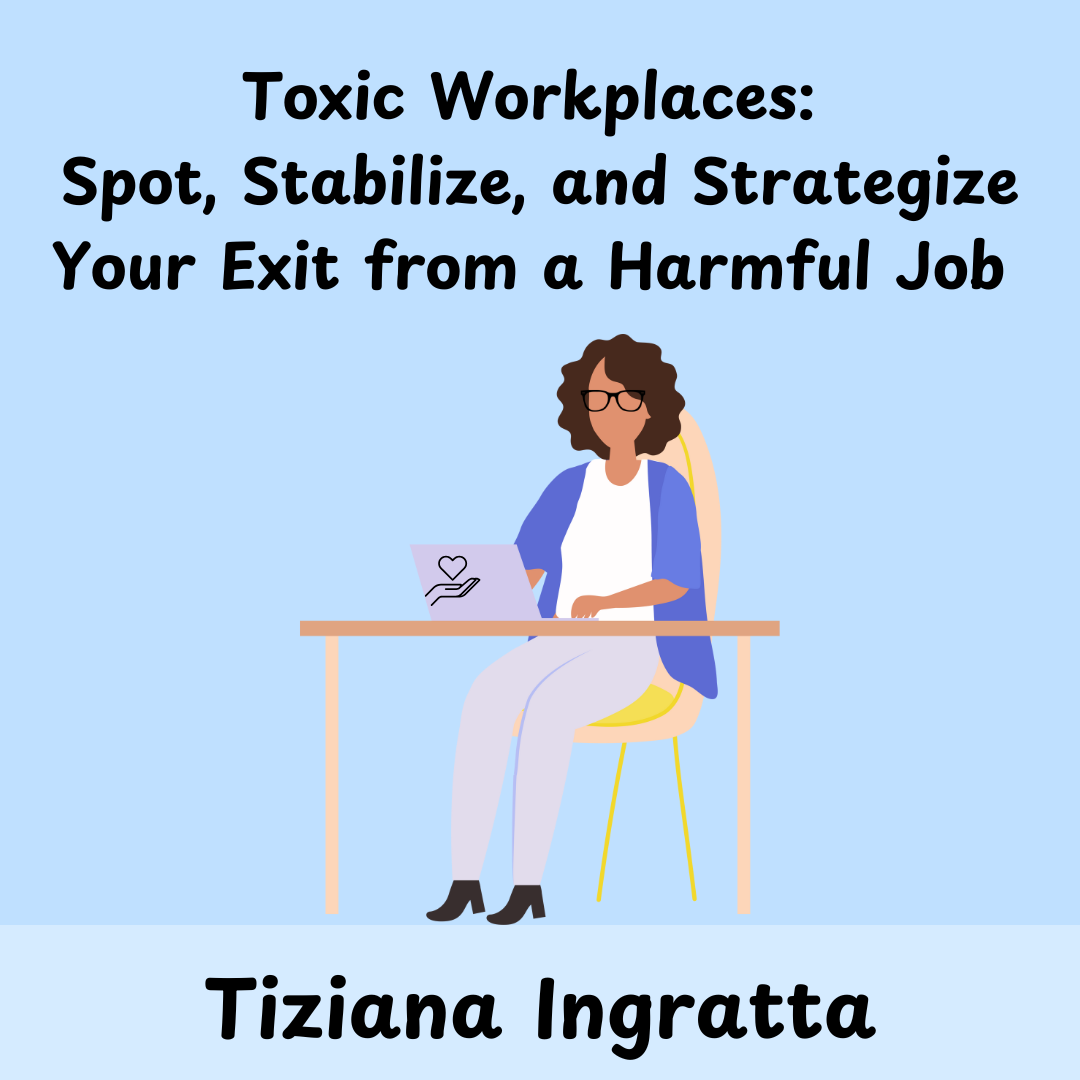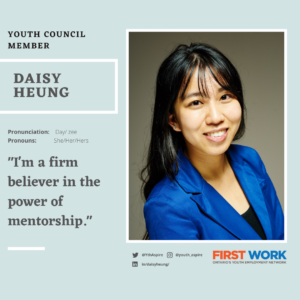
During the past several months, you might have been actively searching for a part-time or summer job or simply doing your best to figure how to make the transition from school to the workplace. Meanwhile, mass layoffs were taking place and recruitment for new roles were paused or cancelled altogether. So you might be wondering, what could I possibly mean by ‘creating opportunities for yourself’?
The past year has been a difficult period for many of us, and for some much more so than others. For instance, the COVID-19 pandemic shut down much of the hospitality and retail sectors, sectors where many of us first dip our toes into the working world. It has also amplified the growing inequalities within our society.
At the same time, the pandemic has been described as “unprecedented”, “the great reset”, and an opportunity to “build back better”. Neighbours are finding new opportunities to build connections with one another. Positive momentum has been building as people from all walks of life unite to meet the needs created by the challenges of today and the ones that lie ahead of us.
At First Work’s Aspire Youth Summit in late October, I attended a group discussion titled, The Importance of Networking and Volunteering – Impacts to Your Career Pathway. We heard from the experiences of Cristine Sousa (Hearsay Solutions), Garima Talwar Kapoor (Maytree Foundation), Christine Poopalapillia (Ontario Medical Association), and Akosua Alagaratnam (First Work).
Below, I’d like to share with you a few thoughts on how you can create opportunities for yourself, inspired by their discussion and with a focus on networking. Note that this is one of many possible starting points, so consider giving it a try and along the way, you’ll most certainly figure out what works best for you!
Why should I network?
It’s often said that 80% of all jobs are not posted publicly, and filled through referrals and connections in the ‘hidden’ job market. It’s people, and not organizations, who can open up doors to opportunities. During a time when there are fewer jobs yet more people looking for work, it can be much easier to stand out when people get to know you for more than your resume. After all, you are much more than the culmination of your past experiences!
Networking isn’t just about getting a job. There are many reasons why people network, at all stages of their careers, and it can take many forms (including through volunteering). In Garima’s experience, networking through coffee chats (also called ‘informational interviews’) can also be a way to better understand the work others do and can help you imagine how you might fit in once you understand the bigger picture.
*Coffee Chat / Informational Interview: A conversation in which a person seeks to learn from another person’s professional knowledge and experience. The conversation can include learning more about different career paths and companies and industries of interest.
But what if they…
…say ‘no’?
Many people have said that it’s a numbers game, which means that the more people you reach out to, the more likely you are to hear back from a percentage of them. Just keep in mind that there could be many reasons why people might say no to a chat. Over time and with practice, you will find that ‘no’s’ are not such a bad thing after all. And if you’re like Garima and are determined to reach a certain goal, you will eventually find your way to a ‘yes’, despite the ‘no’s’ you receive!
…don’t respond?
If you don’t hear back after a week or two, you can follow up on your initial message – or alternatively, continue onwards and reach out to new people. Just focus on doing your best based on what is within your control.
But what if I…
…don’t know what to say or say the wrong thing?
Prepare 1-2 general conversation starters and a list of questions beforehand. If you google ‘informational interview questions’, you will find many helpful resources and questions. You can also review the individual’s LinkedIn profile if available to tailor your conversation. Most importantly, as Christine mentioned, focus on your intentions for the conversation. ‘Why am I doing this? What am I hoping to learn?’ Allow your curiosity to lead the conversation.
…freeze in the middle of the conversation?
Even people further along in their careers and in senior roles get nervous from time to time. One of the best ways to overcome this is to acknowledge it out loud. For example: “I’m feeling a bit nervous right now as this is a new experience for me, but I’m really looking forward to our conversation. Do you mind if I take a moment?” I have found people to be understanding of this; after all, as Cristine says, there is no such thing as the perfect networker. People are just people, and they will most likely even find it relatable. :-)
I think I’m ready for this! Where do I go from here?
- To get started, check out the document provided from the panel discussion, linked here.
- You can find me on LinkedIn! Feel free to reach out and let’s set up your first virtual chat together. :)
